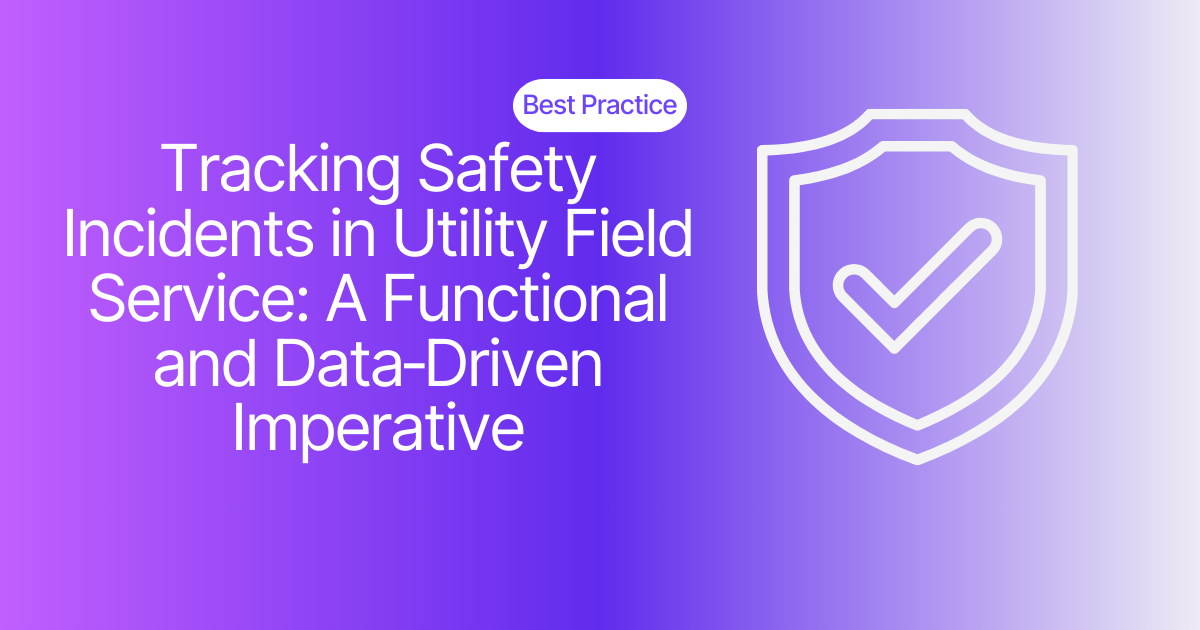This post is part one of a three-part blog series exploring the capabilities, use cases, and future potential of the Qlik-Ops-Toolkit, a free, open-source framework developed collaboratively by DI Squared and Pupfish Analytics to streamline the administration and migration of Qlik environments. While this framework can benefit Qlik Cloud implementations of any size, the toolkit offers the greatest value to platform teams operating at scale, particularly those managing complex migrations from on-premise Qlik environments to Qlik Cloud. Download the toolkit.
Standardizing commands into functions: How it all started
The Qlik Ops Toolkit didn’t begin with lofty goals or ambitious plans. Rather, it started simply as a lightweight and portable solution to organize frequently used qlik-cli commands into modular, standardized PowerShell functions that would streamline routine administrative operations for our clients.
After all, the ability to administer Qlik Cloud from the command line is a powerful capability, but if implemented without proper error handling and controls, it carries the risk of unintended consequences. By standardizing commands into reusable, thoroughly tested functions, the toolkit enhanced efficiency while providing essential safeguards to ensure reliability at scale.
Evolution from standardized functions to complex operations
Over time, as the functions in the toolkit matured, we introduced the concept of an “operation”, which are scripts that utilize the standard functions to accomplish more complex workflows. Within these operational scripts, we not only ensured consistency by harnessing standardized functions, but we also implemented centralized logging to simplify troubleshooting and fully document all actions performed in an environment.
Gradually, this straightforward approach to simplifying common Qlik-cli commands into functions grew into something unexpectedly powerful: a comprehensive framework capable of automating very complex processes, including large-scale cloud migrations and performing nearly instant platform-wide load script changes using advanced pattern matching and bulk replacement operations.
Even as the toolkit's capabilities grew substantially, its ease of setup remained unchanged.
Staying true to its original intent, the Qlik Ops Toolkit continues to be portable and lightweight, requiring only the installation of PowerShell and Qlik-cli. This simplicity ensures quick and easy access to powerful automation capabilities.
Proven capabilities in real-world applications
The toolkit's ability to perform large-scale migrations has been thoroughly validated. It has successfully migrated hundreds of applications from on-premise environments to Qlik Cloud, preserving critical private content, automating the process of script remediation, all the while providing a detailed log of the process.
A large pharmaceutical company migrates hundreds of applications with help of Qlik Ops Toolkit (and DI Squared)
In one notable use case, a large pharmaceutical organization faced the daunting task of migrating hundreds of applications and thousands of users from their existing Qlik Sense Enterprise on Windows environment to Qlik Cloud. Having already implemented a successful multi-cloud strategy, their next major challenge involved moving thousands of private objects (such as user-created sheets, bookmarks, stories, and snapshots) while preserving original object ownership and maintaining consistent app IDs across environments. The migration also demanded tens of thousands of load script adjustments, ranging from minor syntax updates to complex mappings of data connection names.
Leveraging the Qlik Ops Toolkit, the organization efficiently automated the creation of user accounts in Qlik Cloud, seamlessly migrated private content with correct object ownership, and automatically established separate developer copies of each app within shared spaces. The toolkit also handled extensive load script remediation tasks programmatically, performing tens of thousands of script adjustments. In cases where manual intervention was necessary, the toolkit effectively identified scripts requiring special attention. To say that the toolkit significantly reduced manual operations barely captures the true impact. In reality, the migration effort would not have been feasible without leveraging the toolkit. We'll delve deeper into this compelling use case in an upcoming blog post, providing practical insights from their experience.
These successes reinforce the toolkit's effectiveness and its potential for further refinement.

Open-sourcing the Qilk Ops Toolkit for community growth
Recognizing the longstanding challenges organizations face when migrating applications to Qlik Cloud, we decided to release the Qlik Ops Toolkit as an open-source project. While Qlik (the company) has provided useful guidance and script examples related to cloud migrations, these snippets alone are not sufficient for large-scale migrations without significant modification and enhancement. The Qlik Ops Toolkit bridges this gap by offering a structured, fully operational framework complete with built-in error handling, detailed logging, and simple configuration, making enterprise-level migrations both feasible and efficient. Our hope is that making this toolkit accessible to everyone will not only help individual enterprises overcome migration barriers but will also accelerate broader adoption of Qlik Cloud across the entire ecosystem.
Beyond migration to Qlik Cloud, the structured framework of the Qlik Ops Toolkit has demonstrated significant potential to streamline a wide variety of operational tasks. The toolkit’s framework promotes consistency, reduces errors, and simplifies maintenance and troubleshooting of Qlik environments at scale. We believe this approach, proven effective in complex migration scenarios, offers broader benefits across all areas of Qlik administration, ultimately contributing to stronger governance and greater efficiency throughout the entire community.
While the toolkit has proven outcomes, it remains an ongoing project with significant room for enhancement. We openly invite developers and administrators to utilize, refine, and extend this framework to maximize its potential. You may also contact us to learn how the toolkit + DI Squared can help you achieve your data management goals.
Releasing the Qlik Ops Toolkit underscores our commitment to the principles of collaboration and innovation that have long characterized the Qlik community, as well as the core ethos of DI Squared and Pupfish Analytics. By embracing open collaboration, we hope to build on the community's history of collective problem-solving and innovation.
Download the Qlik Ops Toolkit
Download the Qlik Ops Toolkit today and discover how structured, modular functions can be used to build complex automated operations. Whether embarking on a significant migration or optimizing daily administrative tasks, this framework offers a practical foundation.
Support for the Qlik Ops Toolkit: Drop DI Squared a line
For guidance or support implementing the toolkit – and for help as you grow – drop DI Squared a line to talk through your data needs. Whether you're just starting down the road to a more complete analytics operation or you're looking to go big on Analytics+, we're here to help.





